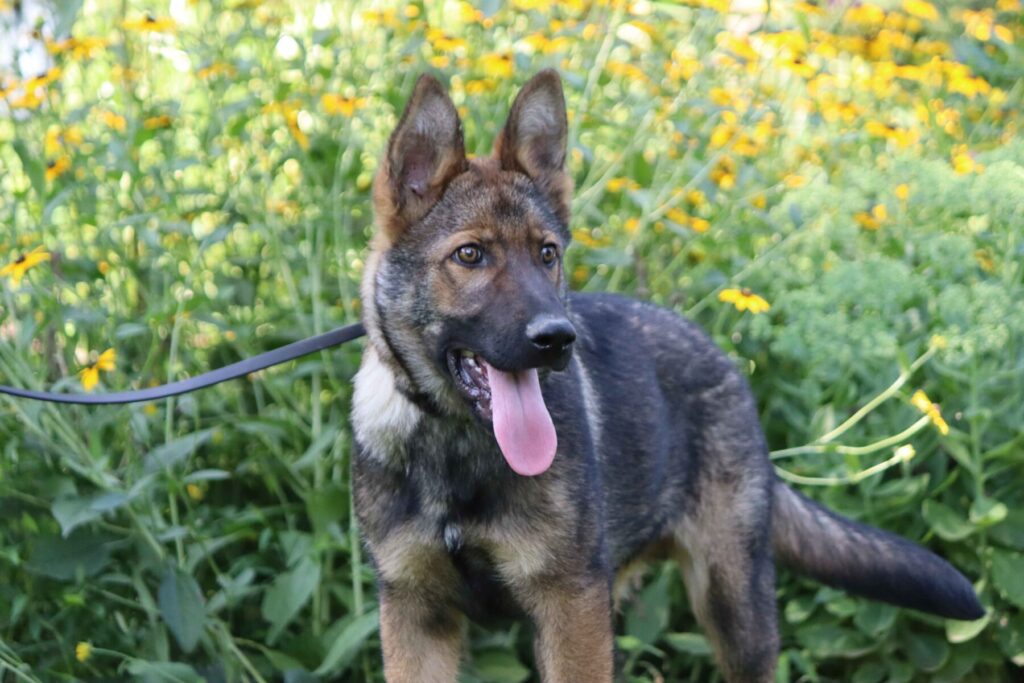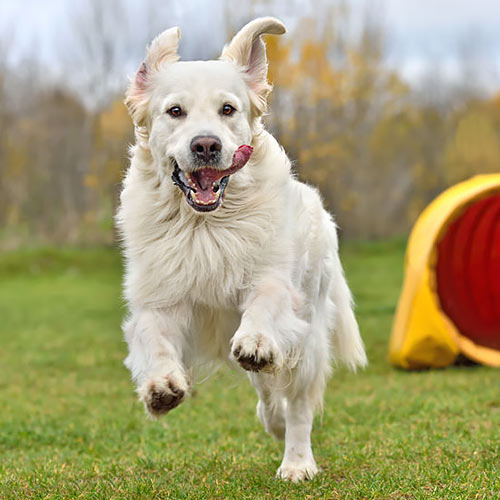
When we think of police dogs, the image that often comes to mind is that of the proud German Shepherd. This breed has become synonymous with law enforcement duties around the world. But have you ever stopped to wonder why that is? It’s certainly not a coincidence. There are several key traits that make these dogs perfect law enforcement partners.
Intelligence and Trainability
German Shepherds are renowned for their intelligence and eagerness to learn. This makes them incredibly trainable, a crucial aspect for police work. In police dog training, dogs must learn a variety of skills, from obedience to specific tasks like tracking or detecting substances. German Shepherds’ ability to quickly understand and respond to commands makes them ideal candidates for this rigorous training.
Physical Attributes
In terms of physicality, German Shepherds have a lot going for them. They are medium-sized, strong dogs (mentally and physically), capable of performing physically demanding tasks that are often required in police work. Whether it’s pursuing a suspect or navigating challenging terrain, their strength and agility are invaluable assets.
Their endurance allows them to work for extended periods, which is essential during long operations or searches. This physical prowess, combined with their natural bravery and protective instincts, makes them reliable partners in dangerous situations.
Versatility in the Field
One of the most remarkable aspects of German Shepherds is their versatility. They’re not just good at one thing; they excel in a variety of roles within police work. Max von Stephanitz recognized this and was instrumental in showcasing his new breed as a multi-functional dog for police and military work. From tracking missing persons to sniffing out narcotics or explosives, their ability to adapt to different tasks makes them incredibly valuable to law enforcement agencies.
In their training, German Shepherds learn to be both defensive and proactive, depending on the situation. They are trained to assess threats and react appropriately, whether that means guarding their partner, detaining a suspect, or searching an area for evidence.
Of course, these dogs wouldn’t be able to perform any of these tasks without the hard work of the professionals that trained them. If you’re interested in enabling this important work, consider become a police dog trainer. Dog Trainer College offers a variety of courses to help you develop the necessary skills. Our comprehensive training programs are designed to give you a comprehensive understanding of how to train a police dog. Give us a call 800-795-4201 today to learn more!

